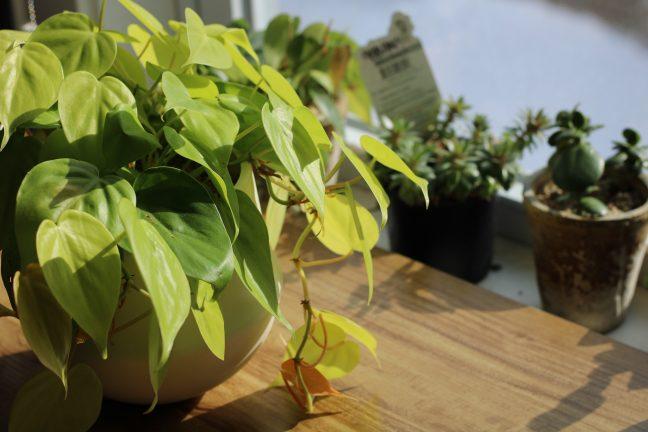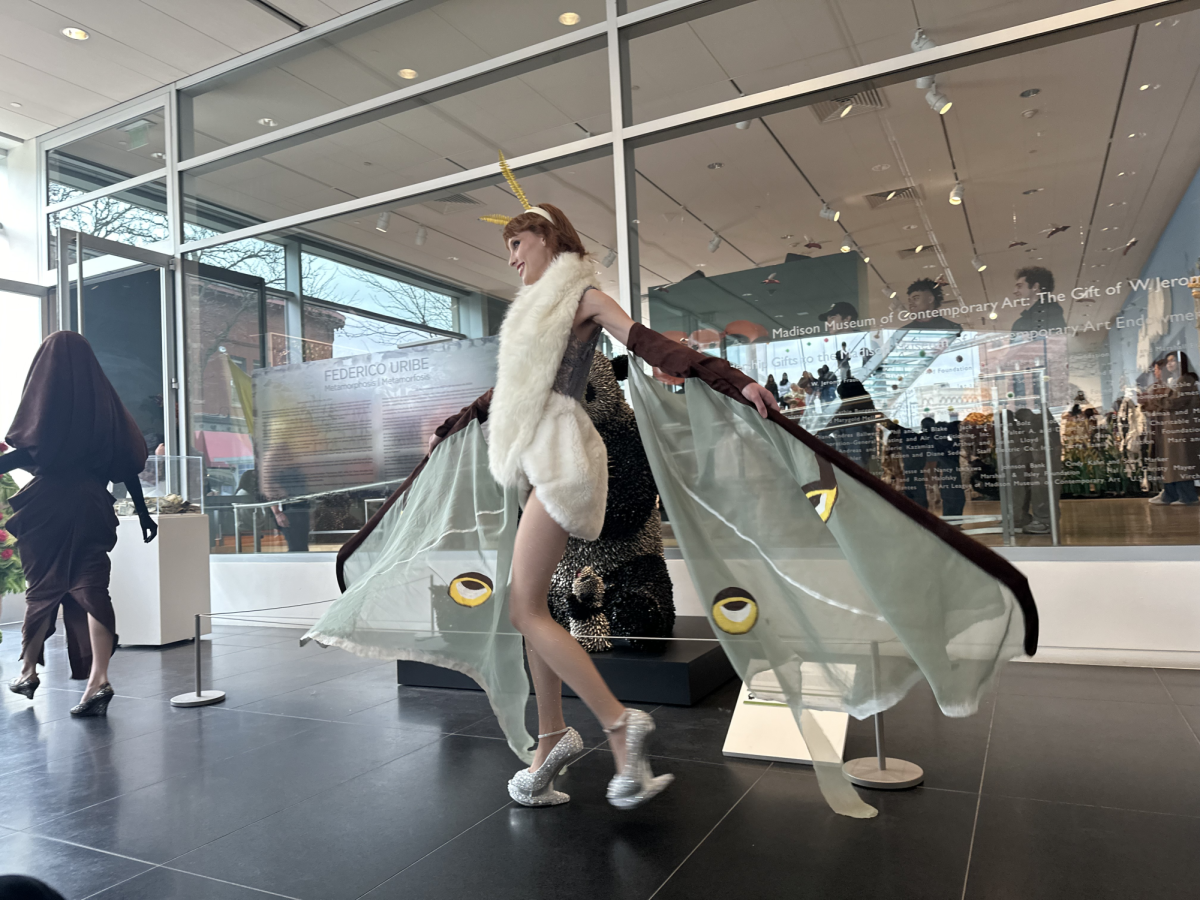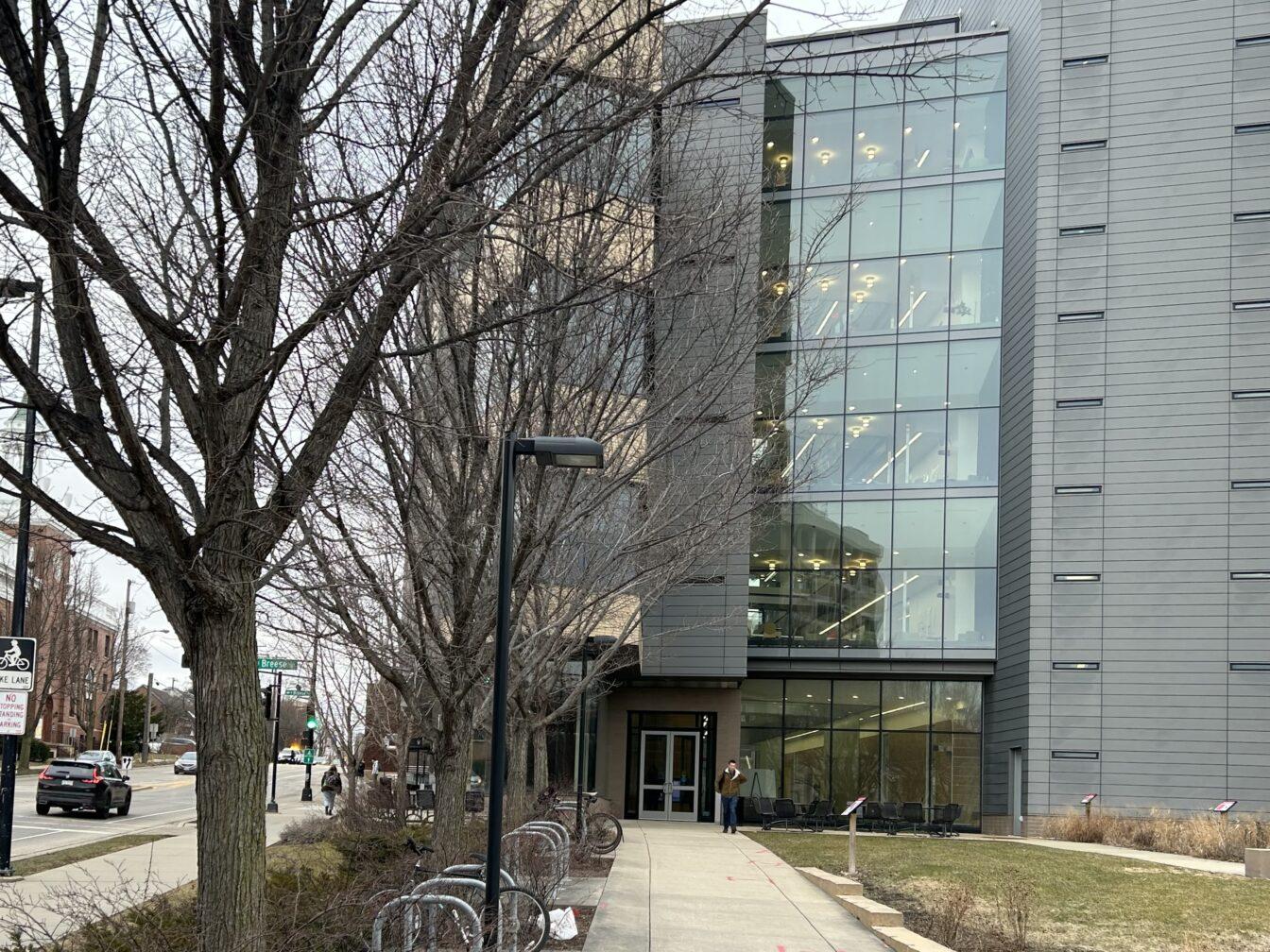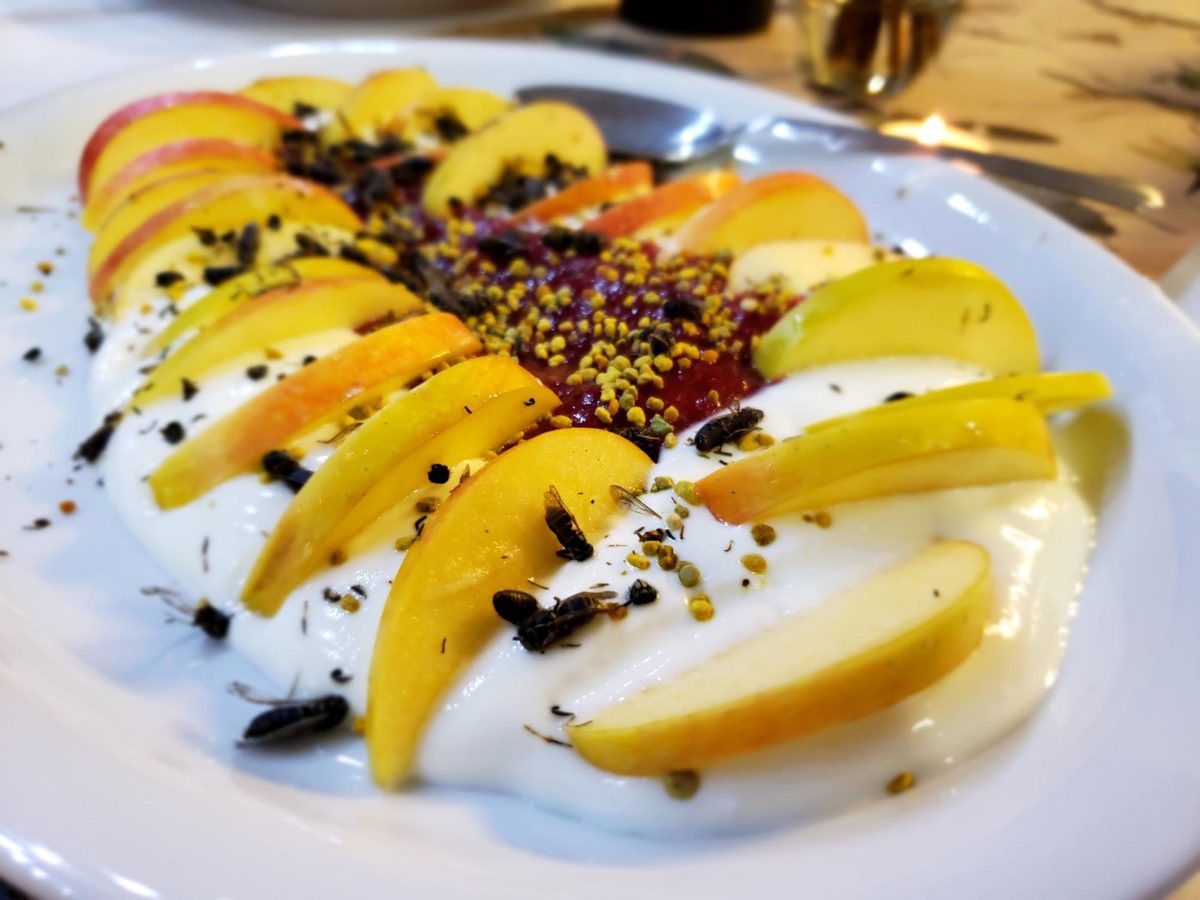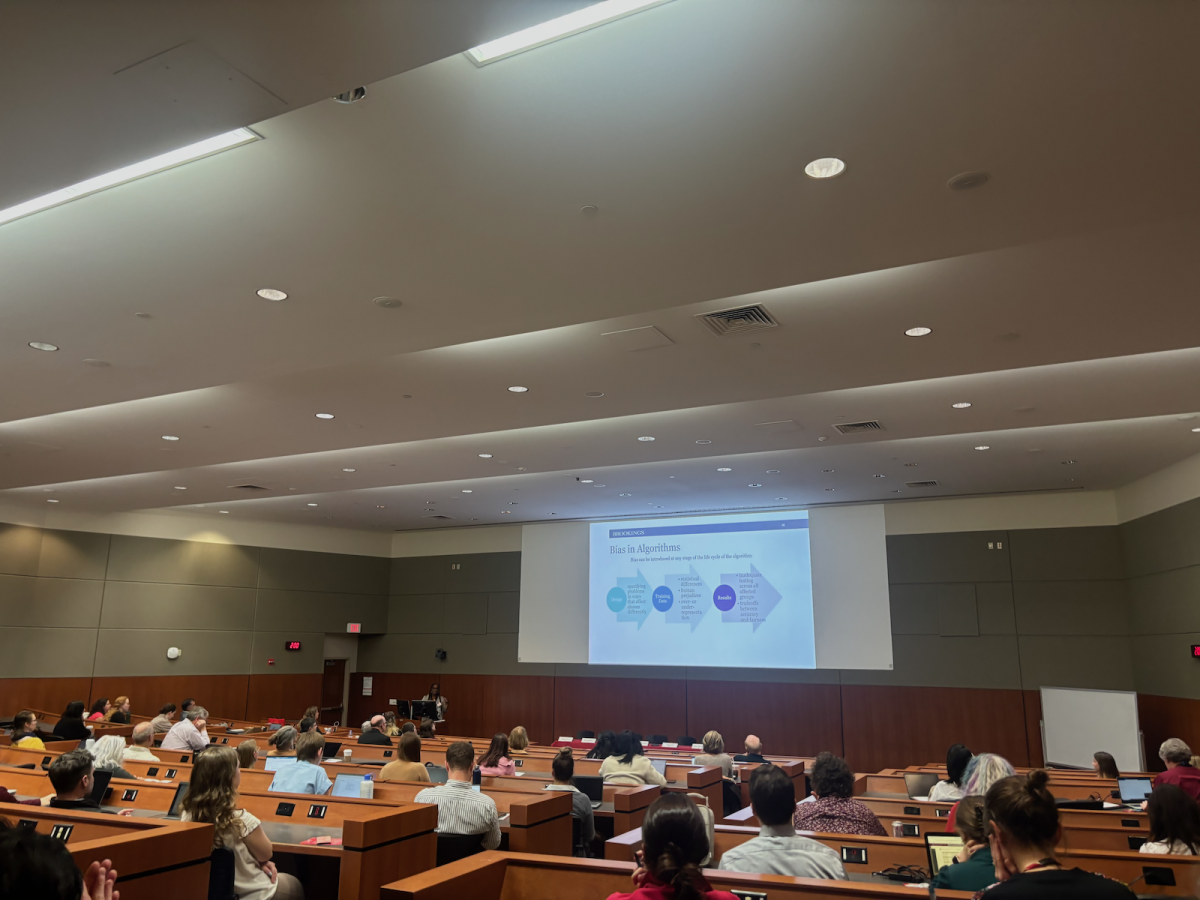In the future, as the climate warms, more plants will migrate and interact with different species of plants than before, according to Jonathan Levine, a professor at Princeton University. Levin gave a talk on “Understanding species responses to climate change: the role of population and community ecology” at the University of Wisconsin Biology Colloquium on Thursday.
When plants interact with other plant species that migrate away from warming temperatures, some will compete for survival. Levine has led several experiments researching the interactions between different species to predict the survival of different plant species in future climates.
One of these experiments was conducted in the Swiss Alps. The research explored how species from different elevations interact with each other under warmer conditions. Levine said interacting with new species may be the most impactful change for plants experiencing climate change.
“If we really think about one of the most dramatic impacts of changing competitive environments that we might expect under climate change, it might not be changing interactions among species that can already deal with one another now, but in fact might come from the fact that entirely new competitors will now get into these habitats as the climate become suitable for them,” Levine said. “And these competitive shifts … might really be sort of the most decisive force in changing species’ fates.”
The results of the experiment showed that mid-elevation plants may survive at a lower rate when the climate warms and low-elevation plants migrate to interact with mid-elevation plants. These mid-elevation plants also have a worse chance of reproducing, Levine said.
But when the researchers simulated mid-elevation plants migrating to higher elevations and interacting with high-alpine species, they found that the survival rate of mid-elevation plants was unaffected. Levine said this was also seen in their chances of reproducing.
Another part of Levine’s research saw that plants with competitive traits like larger leaves and higher growth have a greater chance of survival in future warming climates. These results, Levine said, describe why the interactions between low-elevation and mid-elevation plants are more damaging — they have very different traits. Plants from mid and high elevations have fewer contrasting traits, making it easier for mid-elevation plants to survive.
In the future, Levine said new competitors may determine the fates of plant species as the climate changes. The current challenge is determining which plants will interact with one another in future climates — if researchers can forecast these interactions, Levine thinks they could predict the outcomes of future plant competition.
Levine said his work is based on two motivations — the need to solve global environmental challenges and a basic curiosity about how nature operates.
“It really is a return to this point about the interrelationship between these two motivations for ecology, because my own work on these novel competitive interactions was obviously motivated by trying to understand how plant species will respond to climate change,” Levine said. “But only when we got into this applied construct did we realize that the major knowledge gaps were … based on a fundamental curiosity about how nature operates.”








